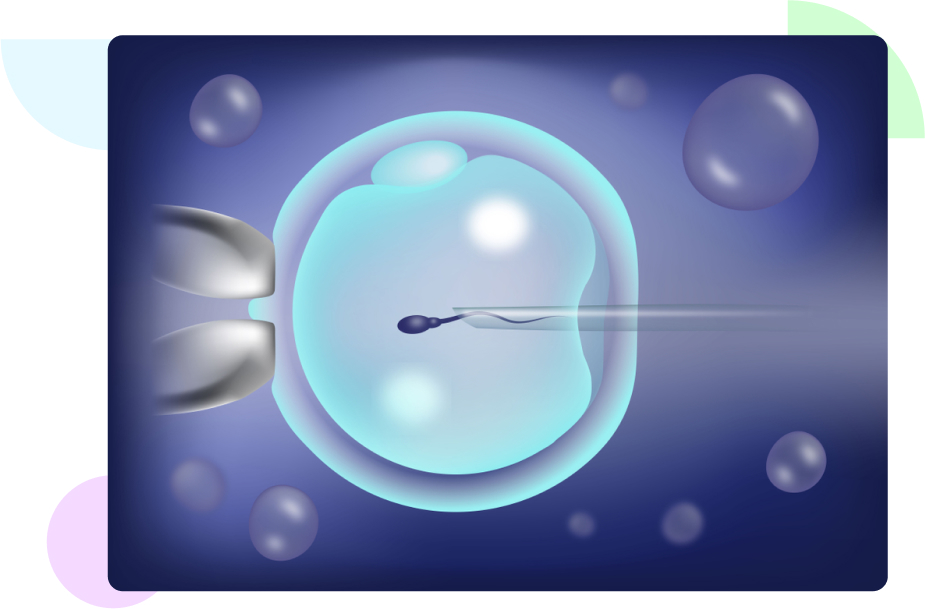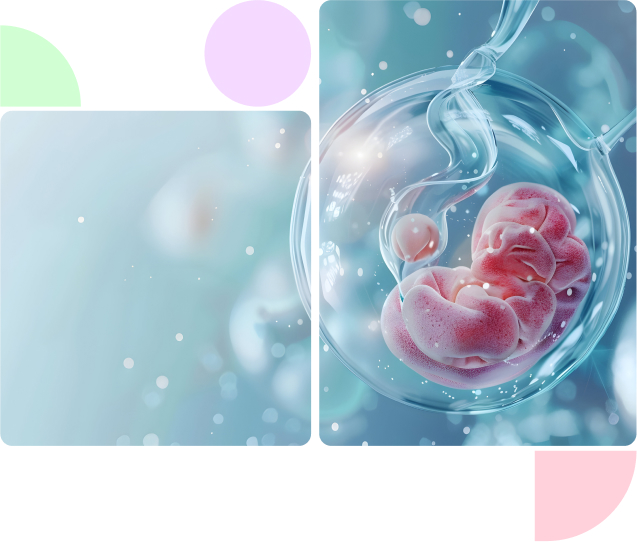How long does ICSI process take?
The ICSI process typically takes about 4 to 6 weeks from the start of ovarian stimulation to the embryo transfer. It includes 1-2 weeks of fertility medications to stimulate the ovaries, the egg retrieval procedure, a few days for fertilization and embryo culture, and finally, the embryo transfer into the uterus. A pregnancy test is usually performed about two weeks after the embryo transfer to confirm if implantation and pregnancy have occurred.











